Cloud ERP vs. On-Premise ERP: Which One Is Right for You?
When it comes to choosing an ERP (Enterprise Resource Planning) system, businesses are often faced with the decision of whether to go for cloud ERP or on-premise ERP. Both have their advantages and limitations, and understanding these differences is crucial in selecting the best solution for your business. In this article, we will explore the key features of cloud ERP and on-premise ERP, helping you determine which one aligns with your company's needs, budget, and long-term goals.
What Is Cloud ERP?
Cloud ERP is an internet-based ERP system hosted on remote servers, allowing businesses to access the system via the cloud. It is a subscription-based model that offers scalability, flexibility, and remote access to data. Cloud ERP eliminates the need for companies to manage hardware infrastructure, making it a popular choice for businesses seeking ease of use, cost-effectiveness, and minimal IT maintenance.
Key Benefits of Cloud ERP:
- Accessibility: Access the system from anywhere with an internet connection.
- Cost-Effective: Lower upfront costs with a subscription-based model.
- Automatic Updates: The service provider handles software updates and maintenance.
- Scalability: Easily scale up or down based on business needs.
What Is On-Premise ERP?
On-premise ERP refers to ERP software that is installed and hosted on a company’s local servers. The business is responsible for managing and maintaining the system, including the infrastructure, software updates, and security. On-premise ERP is often preferred by larger organizations with complex IT needs and regulatory requirements.
Key Benefits of On-Premise ERP:
- Customization: Greater control over system configuration and customization.
- Data Control: Businesses retain full control over their data and security.
- Integration: Easier to integrate with legacy systems and existing IT infrastructure.
- Compliance: Better suited for industries with strict data compliance requirements.
Cloud ERP vs. On-Premise ERP: A Comparison
To help you make an informed decision, here’s a detailed comparison between cloud ERP and on-premise ERP:
| Feature | Cloud ERP | On-Premise ERP |
|---|---|---|
| Deployment | Hosted on remote servers, accessible via the cloud. | Installed on local servers at your facility. |
| Cost Structure | Subscription-based, with lower upfront costs. | High upfront costs for software and hardware. |
| Maintenance | Managed by the provider, with automatic updates. | Managed internally, requiring dedicated IT staff. |
| Customization | Limited customization options. | Highly customizable to suit business needs. |
| Scalability | Easy to scale with flexible pricing plans. | Requires additional hardware and resources for scaling. |
| Security | Managed by the provider with industry-standard protocols. | Full control over data security and privacy. |
| Accessibility | Accessible from anywhere with an internet connection. | Limited to the company’s physical location or VPN. |
| Implementation Time | Quick deployment, usually within weeks. | Longer implementation time, may take months. |
| Integration | Easier integration with cloud-based applications. | More complex integration with existing systems. |
How to Choose Between Cloud ERP and On-Premise ERP
Selecting the right ERP system for your business depends on several factors, such as business size, budget, IT infrastructure, and growth goals. Here are some key considerations to help you make the best choice:
- Business Size and Growth Plans: Cloud ERP is ideal for small and medium-sized businesses looking for a cost-effective and scalable solution. On-premise ERP is better suited for large businesses with complex needs and in-house IT teams.
- Budget Considerations: Cloud ERP generally offers lower upfront costs, as it operates on a subscription basis. If your business has a tight budget or limited resources for IT infrastructure, cloud ERP might be the right choice.
- Customization and Control: If your business requires extensive customization and full control over its ERP system, on-premise ERP may be more appropriate. It allows businesses to tailor the software to their specific needs.
- Data Security and Compliance: Businesses in industries with strict data compliance requirements (e.g., healthcare, finance) may prefer on-premise ERP for greater control over sensitive data. Cloud ERP providers often offer strong security measures, but some businesses prefer to keep data in-house.
- IT Resources and Expertise: If your business lacks the resources or expertise to manage IT infrastructure and software updates, cloud ERP can alleviate this burden. On-premise ERP requires dedicated IT staff to handle maintenance, troubleshooting, and software updates.
Conclusion
Both cloud ERP and on-premise ERP offer valuable features that can enhance business operations. The right choice depends on your company’s needs, resources, and long-term goals. Cloud ERP is ideal for businesses looking for cost-effectiveness, scalability, and easy access to data, while on-premise ERP offers greater control, customization, and security for larger businesses with complex requirements. By carefully evaluating your business size, IT infrastructure, and budget, you can select the ERP system that will best support your operational efficiency and growth.
Explore
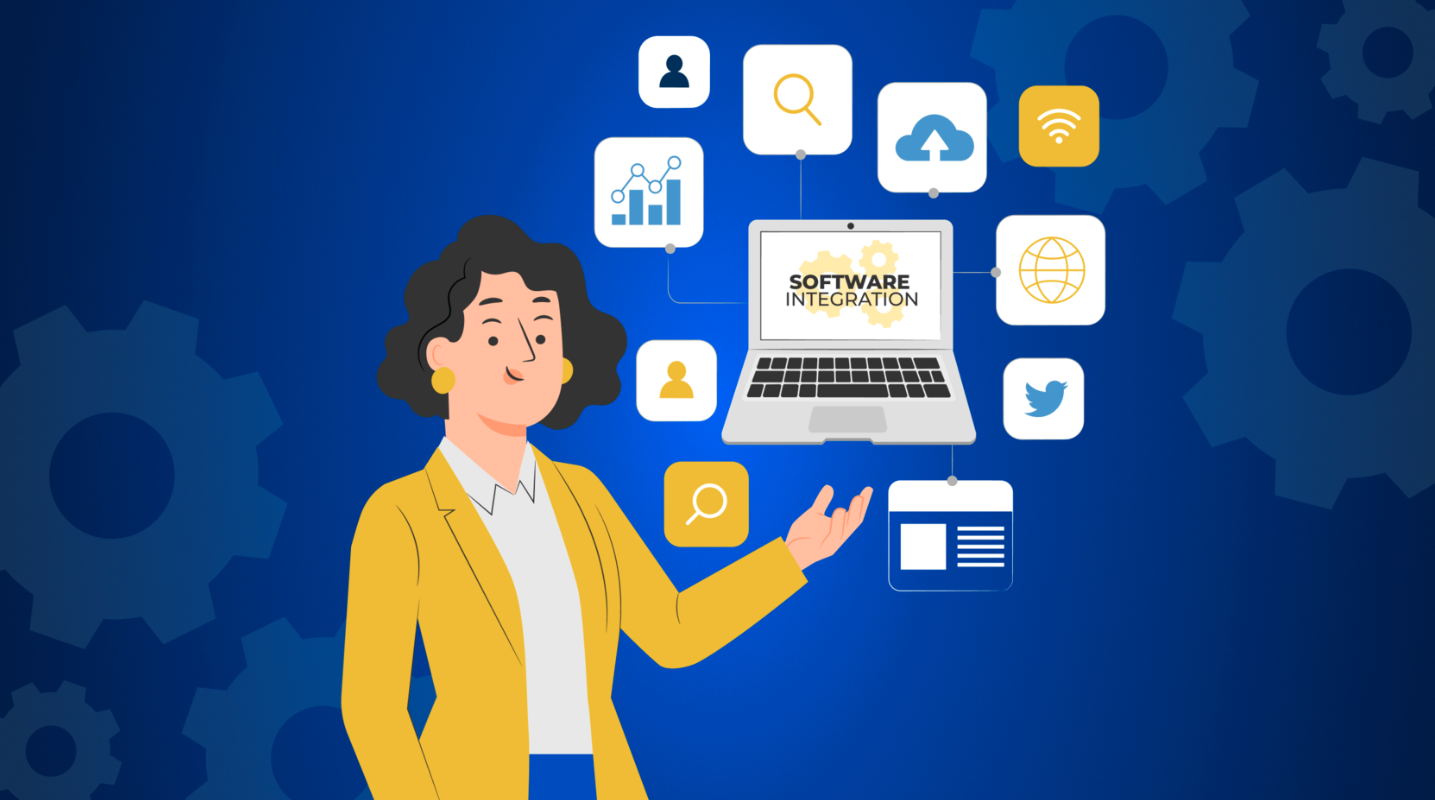
Unlocking Growth with Enterprise Software: Key Features That Drive Success
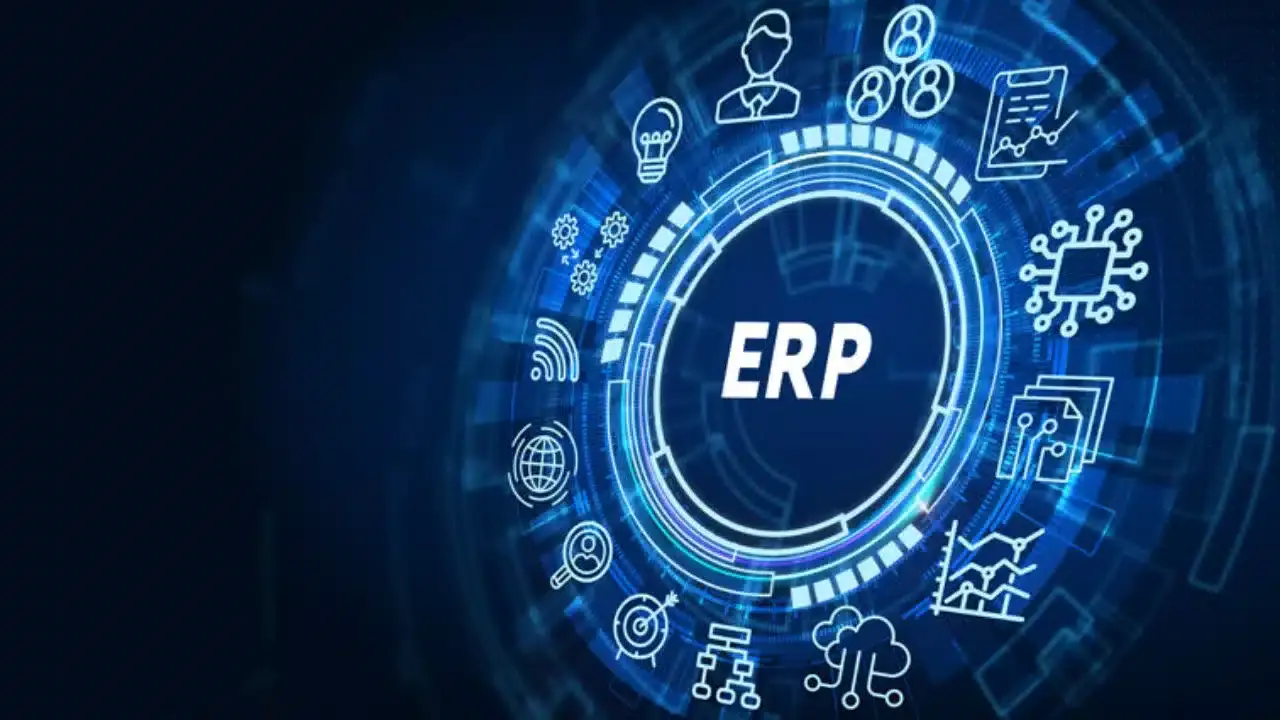
Boost Supply Chain Efficiency with the Right ERP System
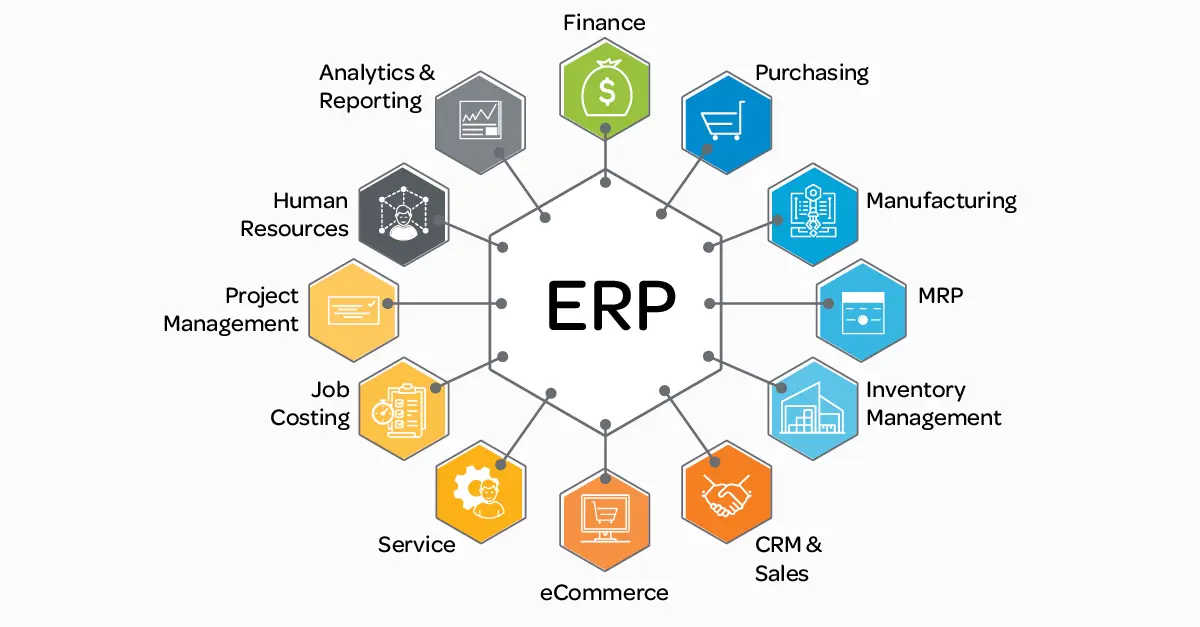
Lessons Learned: Success Stories and Challenges in ERP
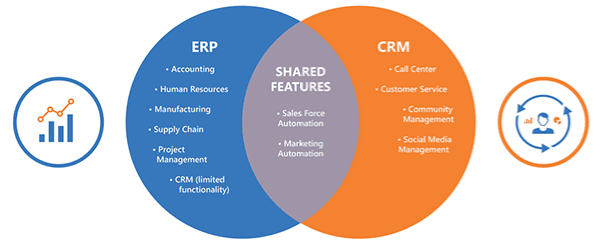
ERP vs. CRM: Understanding the Key Differences for Your Business
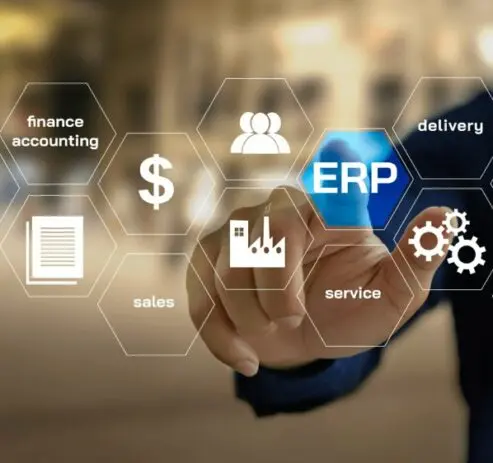
5 Key Steps to Successfully Implement an ERP System
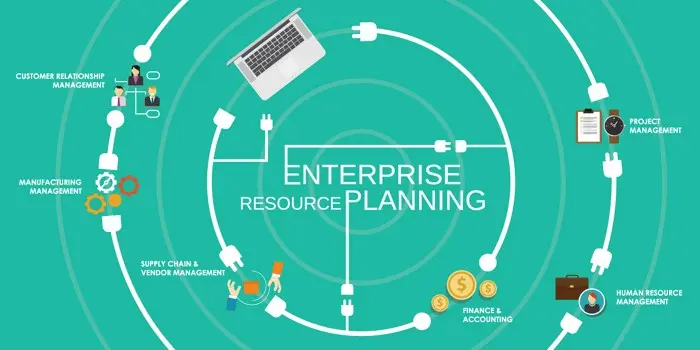
How to Choose the Right ERP System for Small Businesses
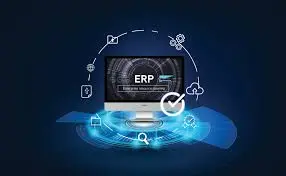
Top 10 Best ERP Software Solutions for 2025
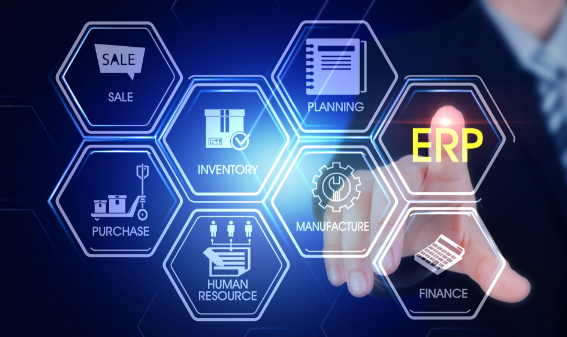
What Is ERP? A Complete Guide to Enterprise Resource Planning
